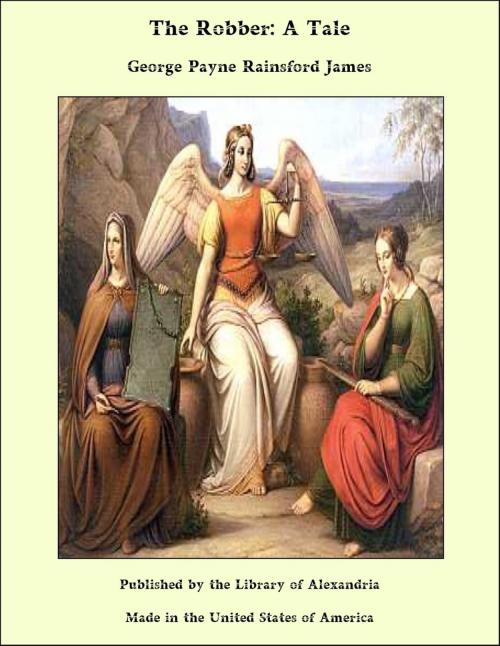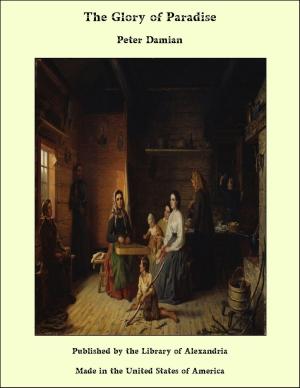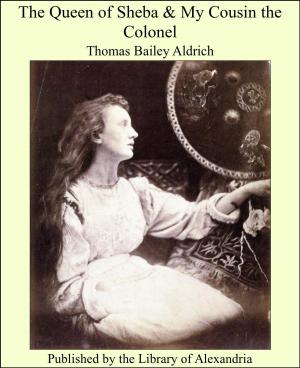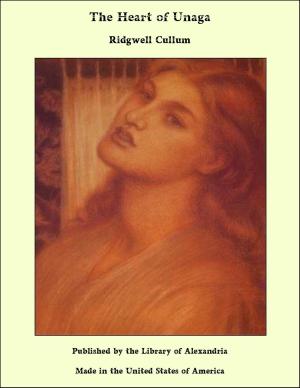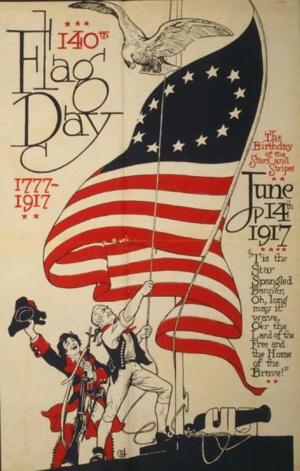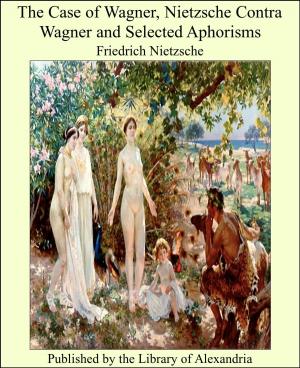| Author: | George Payne Rainsford James | ISBN: | 9781465607362 |
| Publisher: | Library of Alexandria | Publication: | March 8, 2015 |
| Imprint: | Language: | English |
| Author: | George Payne Rainsford James |
| ISBN: | 9781465607362 |
| Publisher: | Library of Alexandria |
| Publication: | March 8, 2015 |
| Imprint: | |
| Language: | English |
It was in the olden time of merry England--not at that far removes period when our native land first received its jocund name from the bowmen of Sherwood, and when the yeoman or the franklin, who had wandered after some knightly banner to the plains of the Holy Land, looked back upon the little island of his birth with forgetfulness of all but its cheerful hearths and happy days. Oh, no! it was in a far later age, when, notwithstanding wars and civil contentions not long past by, our country still deserved the name of merry England, and received it constantly amongst a class peculiarly its own. That class was the "good old country gentleman," an antediluvian animal swallowed up and exterminated by the deluge of modern improvements, and whose very bones are now being ground to dust by railroads and steam-carriages. Nevertheless, in that being there was much to wonder at as well as much to admire; and the inimitable song which commemorates its existence does not more than justice to the extinct race. It was in the days of Walton and Cotton, then or somewhere thereabouts (for it is unnecessary in a tale purely domestic, to fix the date to a year), that the events which we are about to narrate, took place, and the scene is entirely in merry England. The court and the country were at that period--with the present we have nothing to do--two completely distinct and separate climates; and while the wits and the libertines, the fops and the soldiers, the poets and the philosophers, of the reigns of Charles, James, William, and Anne, formed a world in which debauchery, vice, strife, evil passion, rage, jealousy, and hatred, seemed the only occupations of genius, and the true sphere for talent; while Oxford and Cambridge had their contentions, and vied with the capital in nourishing feuds and follies of their own; there was a calm and quiet world apart, amidst the shady brooks and sunny fields and dancing streams of merry England; a world which knew but little of the existence of the other, except when the vices, or follies, or crimes of the world of the court called upon the world of the country to resist the encroachments of its neighbour, and defend its own quiet prosperity. From the peasant who tilled the glebe, and whistled to outsing the lark over his happy toil, up to the lord of the manor, the knight whose many ancestors had all been knights before him, the countrymen of England mingled hardly, if at all, with the world of the metropolis and of the court; except, indeed, when some aspiring spirit, filled with good viands and a fair conceit, raised his wishes to be knight of the shire, and sit in parliament amongst the more courtly of the land; or else when some borough sent its representative to the senate to bring down strange tales of London life and fresh fashions for the wives and daughters.
It was in the olden time of merry England--not at that far removes period when our native land first received its jocund name from the bowmen of Sherwood, and when the yeoman or the franklin, who had wandered after some knightly banner to the plains of the Holy Land, looked back upon the little island of his birth with forgetfulness of all but its cheerful hearths and happy days. Oh, no! it was in a far later age, when, notwithstanding wars and civil contentions not long past by, our country still deserved the name of merry England, and received it constantly amongst a class peculiarly its own. That class was the "good old country gentleman," an antediluvian animal swallowed up and exterminated by the deluge of modern improvements, and whose very bones are now being ground to dust by railroads and steam-carriages. Nevertheless, in that being there was much to wonder at as well as much to admire; and the inimitable song which commemorates its existence does not more than justice to the extinct race. It was in the days of Walton and Cotton, then or somewhere thereabouts (for it is unnecessary in a tale purely domestic, to fix the date to a year), that the events which we are about to narrate, took place, and the scene is entirely in merry England. The court and the country were at that period--with the present we have nothing to do--two completely distinct and separate climates; and while the wits and the libertines, the fops and the soldiers, the poets and the philosophers, of the reigns of Charles, James, William, and Anne, formed a world in which debauchery, vice, strife, evil passion, rage, jealousy, and hatred, seemed the only occupations of genius, and the true sphere for talent; while Oxford and Cambridge had their contentions, and vied with the capital in nourishing feuds and follies of their own; there was a calm and quiet world apart, amidst the shady brooks and sunny fields and dancing streams of merry England; a world which knew but little of the existence of the other, except when the vices, or follies, or crimes of the world of the court called upon the world of the country to resist the encroachments of its neighbour, and defend its own quiet prosperity. From the peasant who tilled the glebe, and whistled to outsing the lark over his happy toil, up to the lord of the manor, the knight whose many ancestors had all been knights before him, the countrymen of England mingled hardly, if at all, with the world of the metropolis and of the court; except, indeed, when some aspiring spirit, filled with good viands and a fair conceit, raised his wishes to be knight of the shire, and sit in parliament amongst the more courtly of the land; or else when some borough sent its representative to the senate to bring down strange tales of London life and fresh fashions for the wives and daughters.
